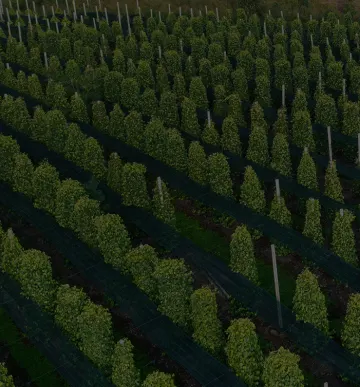Get in touch
Want to talk?
We’d love to hear from you. Get in touch today to discover the ingredient and application expertise we can bring.
Create with us
More in Food & Beverage Solutions
Discover ofi’s global reach. Find an ofi office or team nearby.







Get in touch
We’d love to hear from you. Get in touch today to discover the ingredient and application expertise we can bring.